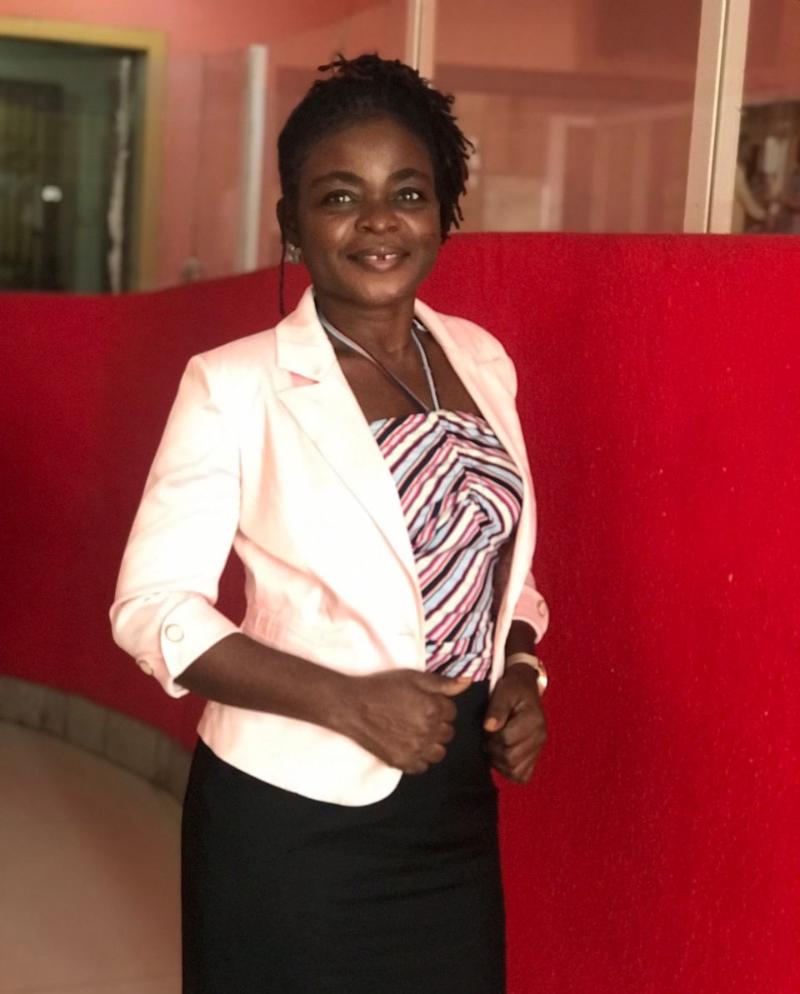In this lunch seminar Dinah Mensah will present her pdh project on how many persons with disability in Ghana experience socioeconomic exclusion and face a higher risk of poverty.
The Constitution of Ghana and the United Nations Convention on the Rights of Persons with Disabilities promote the rights of persons with disabilities to appropriate social protection programmes to improve their living conditions. The Disability Fund is a social protection programme established in 2005 for persons with disabilities in Ghana. It aimed to reduce poverty and increase socioeconomic participation of persons with disabilities, particularly those outside the formal labour market. While evidence suggests improvements in the livelihoods of some beneficiaries, poverty and socioeconomic exclusion persist among many persons with disabilities in Ghana. This problem is significantly linked to challenges associated with the disbursement and utilisation of the Disability Fund. Social work is fundamental to the effective implementation of the Disability Fund as it links persons with disabilities to resources and stakeholders, particularly the government. They have the responsibility to monitor the disbursement and utilisation of the Disability Fund and advise on the implementation. While this role strategically positions social workers to ensure proper disbursement and utilisation of resources, a significant knowledge gap remains in understanding how social workers leverage their monitoring role to enhance socioeconomic participation and poverty reduction among persons with disabilities in Ghana.

This qualitative, multiple-case study conducted across three Municipalities in Ghana, Ga West, New Juaben South, and Effutu, aimed to address this knowledge gap. The study used in-depth, face-to-face interviews to explore social workers’ monitoring strategies, challenges, and the benefits of their monitoring role on persons with disabilities’ access to, and utilisation of the Disability Fund to improve their lives. Preliminary findings from social workers’ accounts of their monitoring role reveal a lack of uniformity in monitoring strategies used across the three Municipalities. This was attributed to the
absence of a national monitoring strategy or framework, allowing social workers to act at their discretion during the monitoring process. Additionally, the initial results show that, while monitoring of the Disability Fund promotes proper distribution and utilisation of the Disability Fund, social workers face significant resource limitations, hindering the effectiveness of their monitoring role. These preliminary results underscore the importance of developing a clear national monitoring strategy to guide social workers’ monitoring of the Disability Fund and provide adequate resources to ensure they perform their monitoring role effectively.
Dinah Mensah is a phd student from University of Ghana. She is visiting the Department of Social Education at UiT for three months this fall.
Free lunch for everyone attending the presentation. Welcome!
NB - the presentation will be given in English.